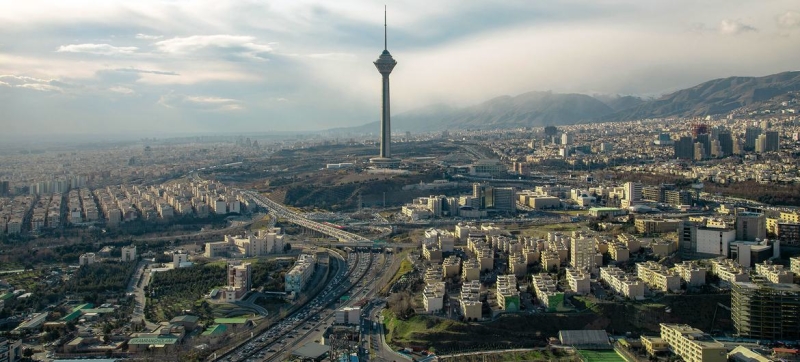
The capital of Iran is Tehran. Iran: UN experts worried about ‘surge in repression’ and rise in executions after Israeli airstrikes Human Rights
An independent international fact-finding commission investigating alleged human rights abuses in Iran has reported a “surge in repression and an unprecedented rise in executions” in the country since Israeli airstrikes in June.
At a briefing at UN headquarters in New York, Commission Chair Sarah Hossain said the situation in the country had worsened following the strikes, which reportedly killed more than a thousand people.
The 276 civilian casualties included 38 children and 102 women, according to the Iranian government; more than 5,600 more people were injured. Civil infrastructure facilities, including medical facilities and schools, were damaged. The government also said Tehran’s notorious Evin prison was struck without warning, killing about 80 people, including prisoners, their relatives (the attack occurred during visiting hours), staff and at least one child. At that time, there were about 1,500 people in prison, including many human rights defenders and activists.
Hossain also expressed alarm over Iran’s retaliatory missile attacks on Israel, which Iranian authorities say have killed 31 people and injured more than 3,300.
“Systematic attacks on civilians”
The aftermath of the strikes has led to new internal crackdowns, Hossain said. by the Iranian government, further eroding respect for the right to life.
A commission appointed by the UN Human Rights Council documented the arrests of thousands of people, including lawyers, journalists, human rights activists and those who expressed views on the conflict on social media.
This year, the number of executions in Iran reached its highest level since 2015. Most cases of the death penalty, according to the Commission, are contrary to international human rights law. A law was passed expanding the use of the death penalty on charges of “espionage” and criminalizing the publication on social media of information determined by authorities to be “false.” humanity,” said commission expert Max du Plessis.
Recent repressions have also affected ethnic and religious minorities: more than 330 Kurds and a large number of Arabs have been arrested, and hundreds of thousands of Afghans have been deported. Representatives of the Baha’i religious minority were accused of “Zionist espionage”, their homes were searched and their property was confiscated.
Impunity for “honor killings”
The commission reported continued incidences of serious violence, including honor killings of women and girls. From March to September 2025, 60 such cases were reported. These crimes, like other forms of gender-based violence, remain unpunished.
There have also been reports of closures of businesses catering to women who refuse to comply with mandatory hijab rules and increased surveillance. There are reports of the “morality police” returning to the streets.
The commission documented an increase in transnational repression, including interrogations, threats and surveillance of the families of Iranian journalists abroad. Reliable information indicates that more than 45 media workers in seven countries faced serious threats.
“Denying justice is not a neutral act,” Hossain said. “Failure to fulfill the duty to ensure justice only prolongs the suffering of victims and undermines the State’s obligations under international human rights law to provide accountability, truth, justice and reparation.” In Iran, Mai Sato condemned the Israeli and US strikes as an illegal use of force that violates the UN Charter, and expressed deep concern that the end of hostilities did not bring relief to the Iranians.
“External aggression fueled internal repression,” Sato said. “The Iranian people’s rights to life and liberty are under unprecedented threat.”
She described the increase in executions as a deliberate policy of intimidation and retribution, noting that many were carried out after unfair trials or on vague charges of threatening national security.
The speaker also pointed to the increase in the practice transnational repression: Iranian authorities are targeting opposition figures abroad through intimidation, surveillance and threats, and called on UN member states to support vulnerable members of Iranian civil society and coordinate efforts to counter transnational repression.
